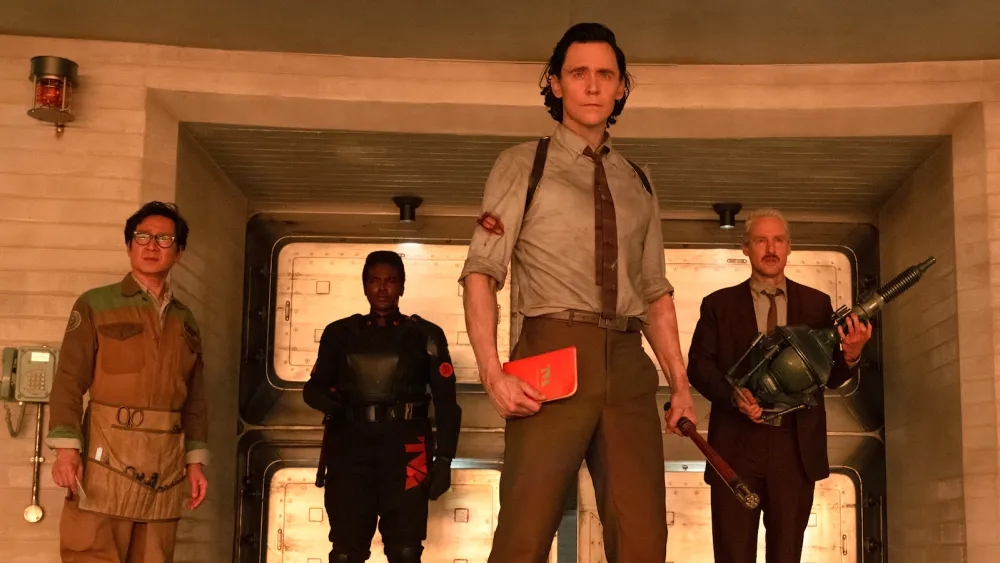Marvel has left us with only a handful of watchable shows and Loki is one of them. Now, Loki (played by Tom Hiddleston) might have been presented as a villain in the Marvel comics, his character was found to be more loved than that of Thor. The Norse god of mischief Loki is an ideal Avenger as well, so when Marvel decided to include him in the Avenger storyline, it became evident that he deserves his own show. Though the series Loki explores the good side of God of Mischiefs, it also shows that this self-loathed god can only love himself. The introduction of his own variant from another universe, Sylvie (played by Sophia Di Martino), was interestingly put in the season 1 to depict that.
Season one of Loki explored the Time Variance Authority (TVA) where Loki was brought up as a criminal who manipulated time while playing with the Tesseract in Avengers. In Marvel’s Ant-Man and the Wasp: Quantumania movie, Kang the Conqueror’s message was clear that in order to avoid the destructive battle between different variants of him, he needs to take a tough decision. The series Loki became an outcome of that. As the story of season one continued, we saw that there’s something more evil than Loki himself and TVA is manipulating time according to the will of time keepers. But, by the end of season 1, we get to see that even the time keepers were not real and TVA was indeed managed by Kang the Conqueror (played by Jonathan Majors) who recognizes himself as “He who remains” sitting beyond the sacred timeline that he himself created in order to prune all other branched timelines that could possibly create his own variants. In any case, this idea was not novel and doesn’t allow people to have free-will to live on any of the timelines. Thus, Sylvie decided to kill “He who remains” in the season one finale.
The second season starts exactly from that point but also reveals how Kang created the sacred timeline and his best variant of “He who remains” through Renslayer (played by Gugu Mbatha-Raw) and Miss Minutes. Loki, on the other hand, explores the possibilities of what could have been done otherwise. He learns how to pause, control, and travel through time which the show calls Time Slipping. Loki’s knowledge of understanding the outcome makes him Time Slip for several iterations just to learn how to manage the infinite number of branched timelines that just started after the death of “He who remains” in season one.
The second season finally gave us glimpses of what life Mobius (played by Owen Wilson) could have, which is kind of a relief and also explores the character story of different TVA members on their respective timelines if they weren’t hijacked into TVA. The screenplay adapted by Eric Martin is great in itself as we know in the beginning of the show that Marvel had plans to inculcate the character of Loki in and as an Avenger. I think the best idea was indeed to turn his image brighter and make him do the unexpected. The series finale is written exactly on that premise where Loki decides to put himself in the place of “He who remains” and use his God powers to control the infinite number of branched timelines thereby saving lives of several people.
The second season is a mixed bag of humor, thrill, and adventure. The show is cleverly written and directed, but gives us that incomplete sense of the events which is true in our understanding of the universe as well. For example, you never know if Ouroboros created the TVA or “He who remains” as both had the same TVA handbook. So, the chicken and egg problem remains unsolved. While season three might have given us some more insights, I believe that this unsolved mystery should remain as is.
